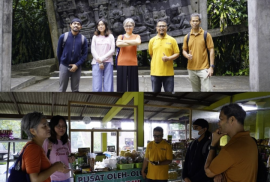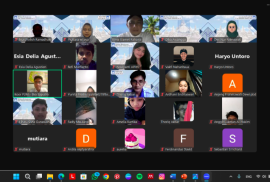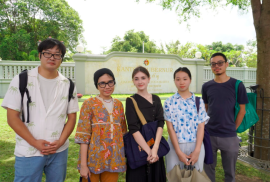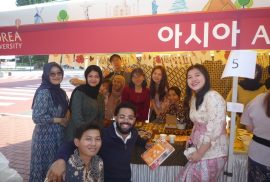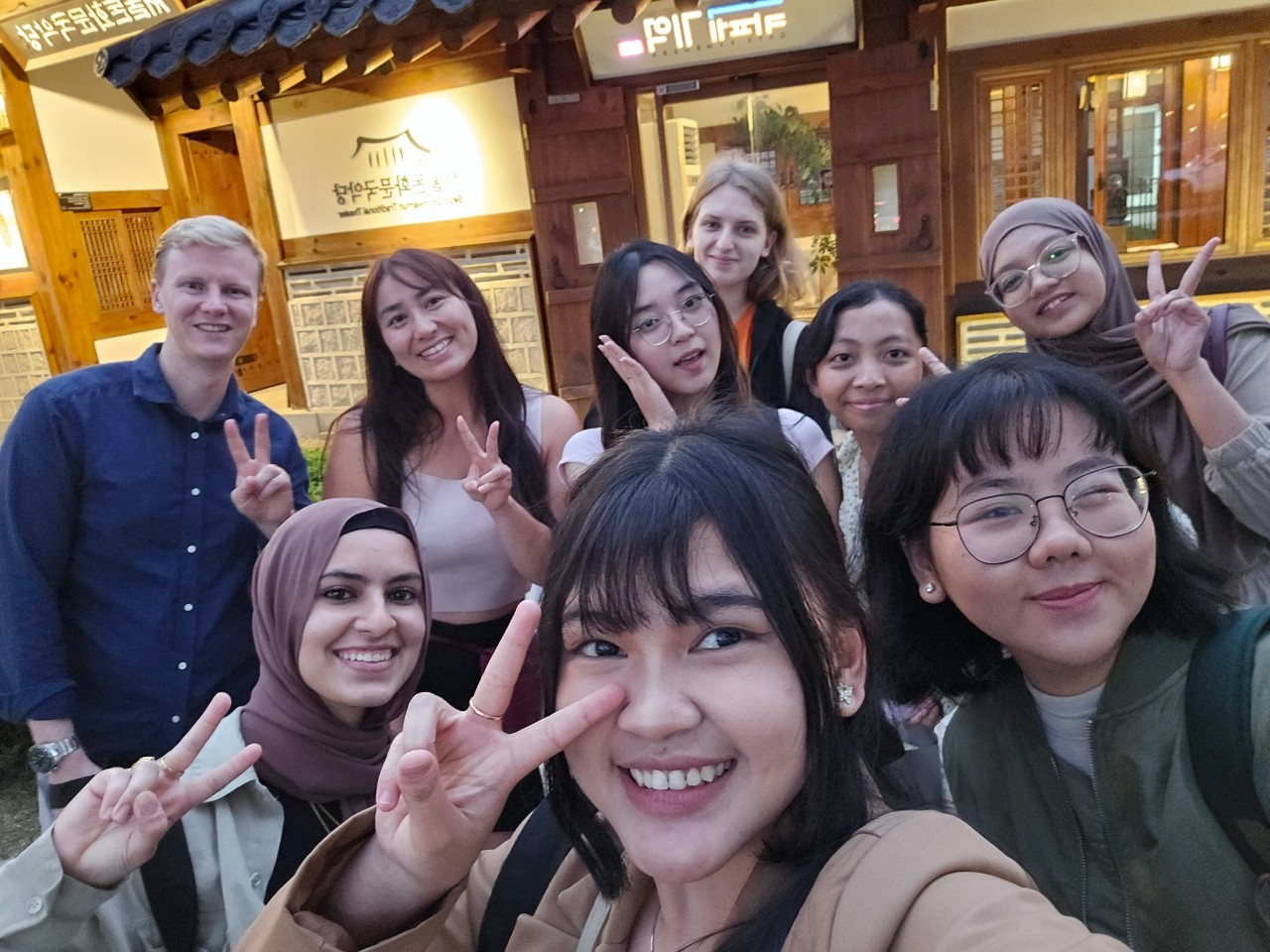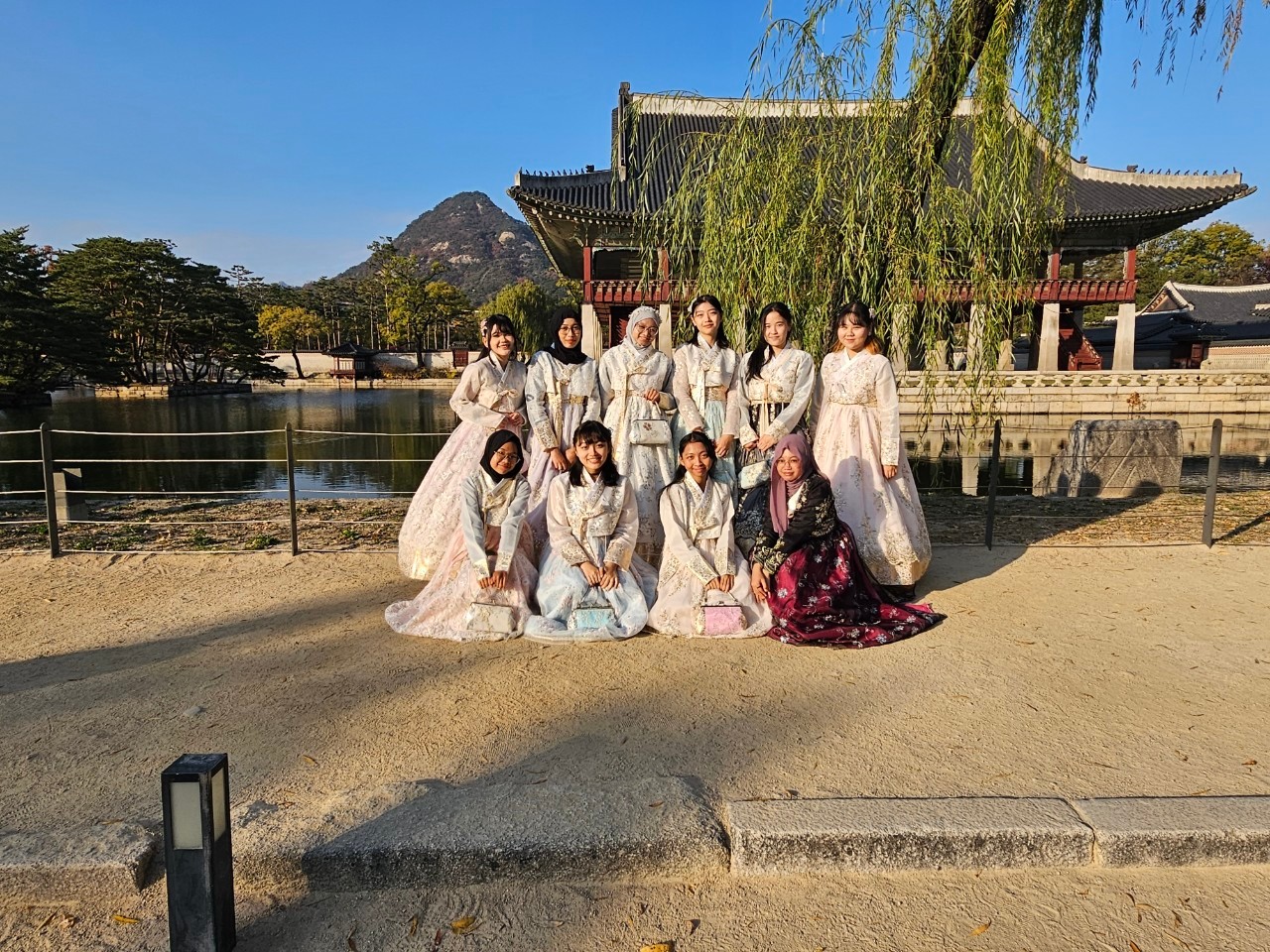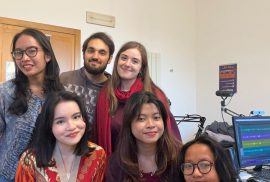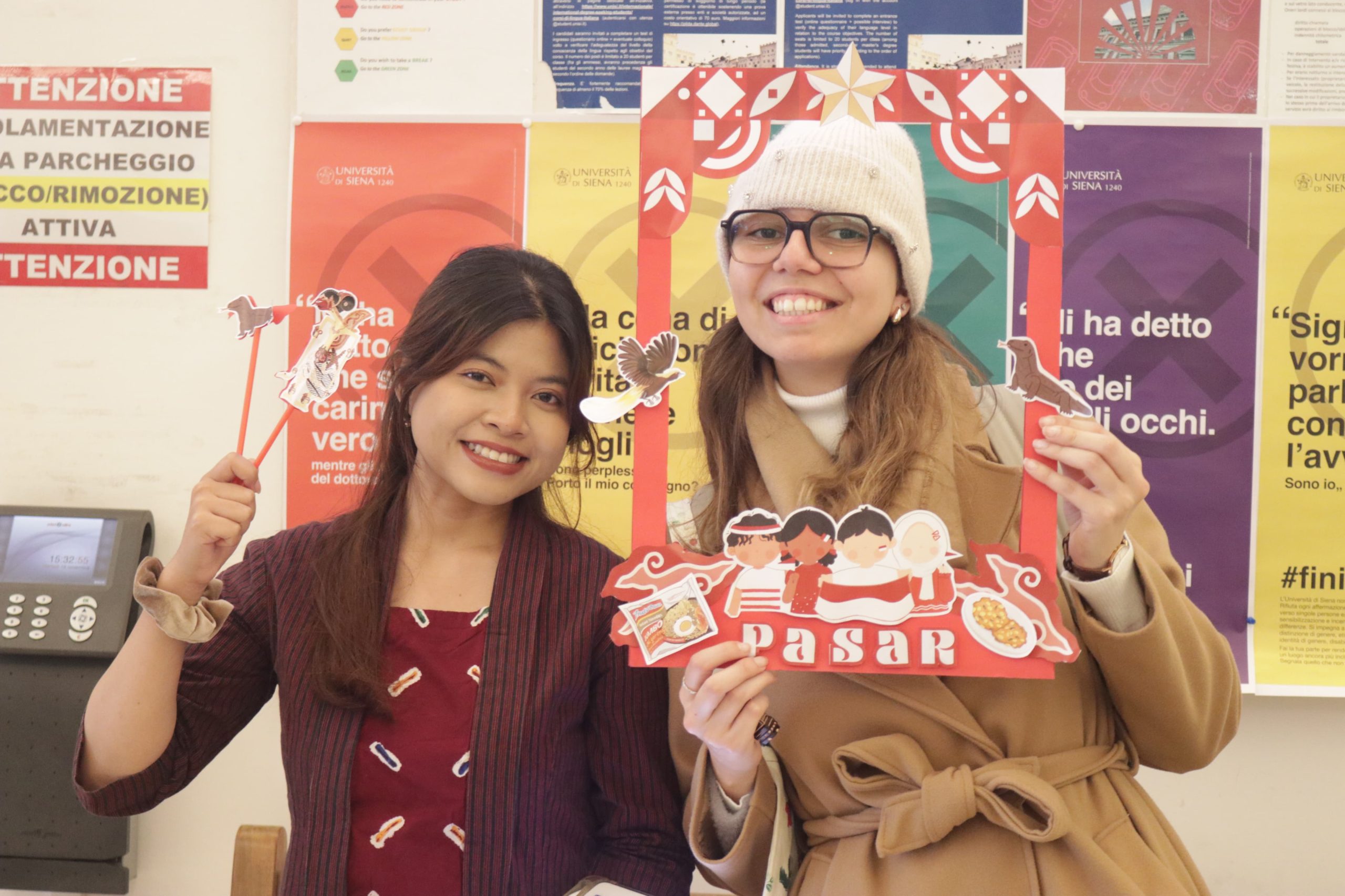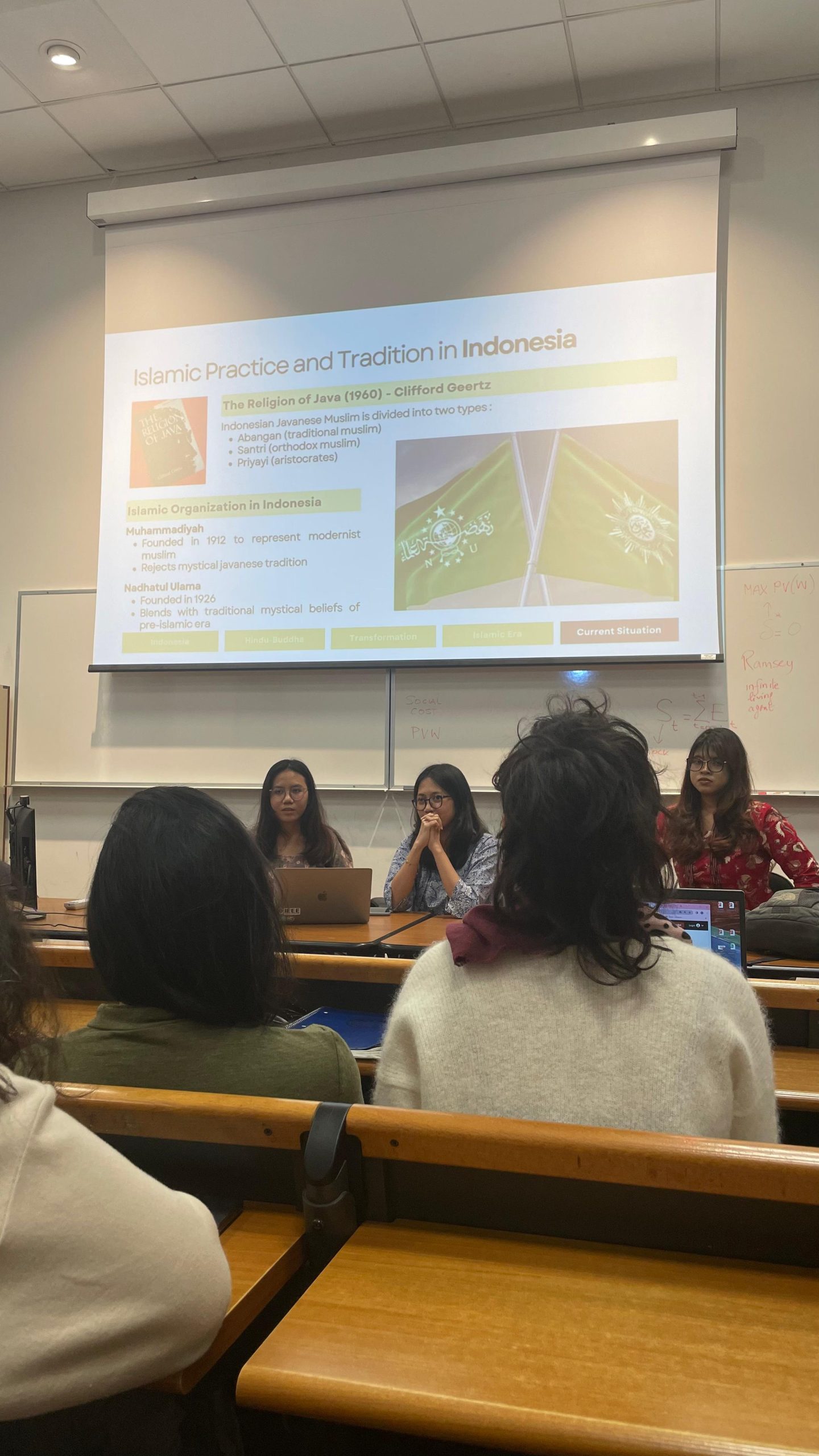Yogyakarta, 25/04/2025 – The visit of INCULS students from the Indonesian Tourism Specialization Class to Ullen Sentalu Museum opened new horizons in understanding the Javanese cultural heritage that lives and breathes through every corner of the museum. Located in the cool air of Kaliurang, the museum not only presents a collection of historical objects, but also serves as a dialogue space between the past and the present, where students can dive into noble values that remain relevant in modern tourism development. Each exhibition room, from Gua Selo Giri that showcases the palace’s batik to Kampung Kambang that tells the story of the palace princesses’ lives, holds lessons about the balance between preserving tradition and adapting to changing times.
Through direct interaction with museum guides from the local community, students realized the importance of involving the community in cultural heritage management. The way the museum empowers local residents as active custodians of traditions provides a clear example of how cultural preservation can go hand in hand with improving welfare. This experience taught them that authentic cultural tourism should grow from the roots of the community, not just be a show to fulfill market tastes. The students also learned that every batik motif, building architecture, and room layout in this museum contains a deep philosophy of life about human relationships with nature and each other.
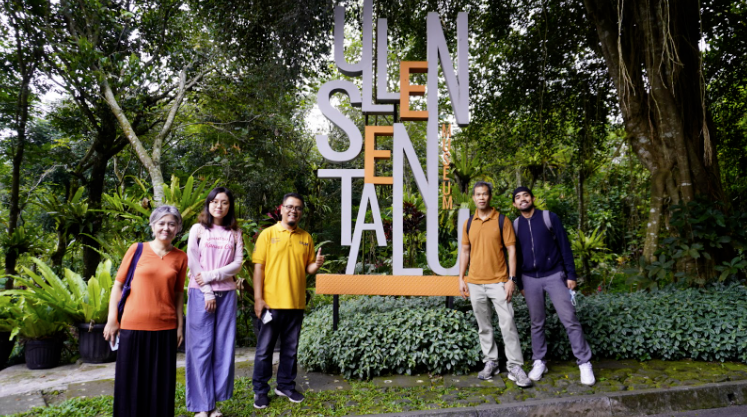
The next activity was a session to try the freshly made jadah tempe. Students experienced firsthand the harmony of the savory taste of fermented tempeh with the sweetness of jadah from sticky rice, all wrapped in the fragrant aroma of banana leaves. Through this culinary experience, they understand how traditional food is not just a matter of taste, but also a medium for cultural preservation and local wisdom in processing natural resources. The visit to the jadah tempe producers completed their understanding of the full ecosystem of Javanese culture – from the philosophical values displayed in the museum to the real practices in people’s daily lives.
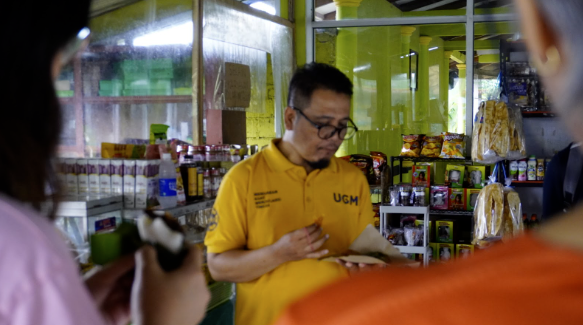
This direct interaction with traditional food artisans also opened the students’ eyes to the potential of culinary tourism as part of a holistic cultural tourism experience. They saw opportunities to develop tour packages that not only showcase historical objects, but also bring culture to life through sensory experiences such as tasting and making traditional food. This learning further strengthened their understanding of the importance of involving local communities in any tourism destination development, as well as maintaining the sustainability of culinary traditions as a priceless intangible cultural heritage.
This visit was also a living laboratory for students to observe best practices in cultural destination management. They saw how museums are able to create educational tourism experiences without reducing the sacred value of their collections, as well as how technological adaptations are made while maintaining the essence of tradition. This kind of learning shapes the perspective that tourism development must always consider sustainability. Not only in the environmental sense, but also the sustainability of cultural values and economic benefits for local communities. This experience at Ullen Sentalu and the jadah tempe production site is an important foundation for future tourism professionals to build a more responsible and meaningful destination development model.
[INCULS, Thareeq Arkan Falakh]

